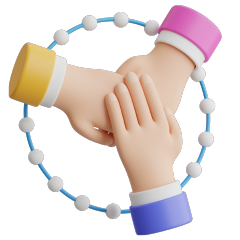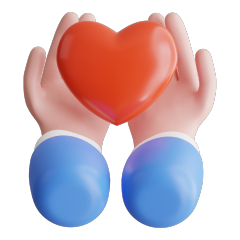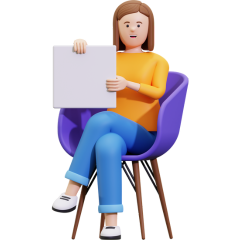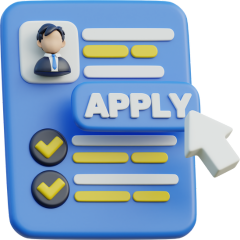Asher’s life with VACTERL Association and the care helping him thrive
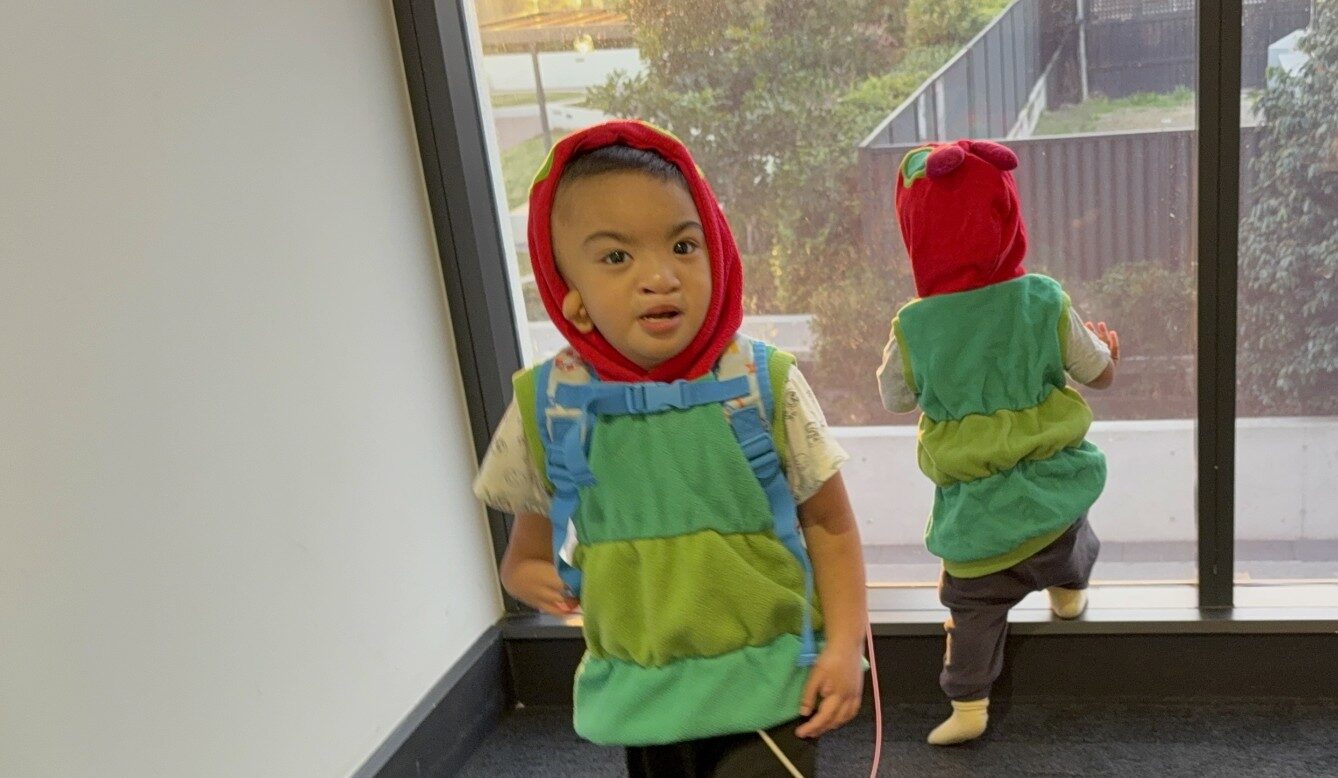
VACTERL Association is a rare group of congenital conditions that affect multiple parts of the body, including the spine, heart, digestive tract and limbs. In Australia, early diagnosis and coordinated care are essential to support children and families living with this condition.
Table of Contents
Three-year-old Asher is most at home in the play area, particularly at the top of the slide. “That’s his favourite spot! He would go up and down all day if he could,” his mum Josie shares.
Like many toddlers his age, Asher is energetic, curious and playful. But his early years have been shaped by medical challenges most families never anticipate.
VACTERL Association: A complex diagnosis with everyday challenges
Asher lives with VACTERL Association, a group of congenital conditions that often occur together and affect multiple parts of the body. He also has cleft lip and palate, right ear microtia and severe sensorineural hearing loss. These overlapping conditions have meant frequent hospital visits, therapies and specialised care starting from birth.
VACTERL is an acronym, with each letter standing for a specific type of abnormality:
- V – Vertebral abnormalities (spine or spinal cord)
- A – Anorectal malformations (such as a missing or blocked anus)
- C – Cardiac defects (heart-related issues)
- TE – Tracheo-oesophageal fistula (a connection between the windpipe and food pipe)
- R – Renal anomalies or radial limb abnormalities (kidneys or arms/hands)
- L – Limb abnormalities (such as missing or underdeveloped limbs)
Every child with VACTERL presents differently. In Asher’s case, the cleft palate and feeding difficulties have been especially challenging.
“He doesn’t like to eat that’s why he’s still tube-fed,” Josie says. At home, a small machine helps deliver his nutrition through a gastrostomy tube.
Getting the right care, at the right time
Josie, who moved from the Philippines to Australia several years ago, says she was overwhelmed at first. “I didn’t know where to begin. There we so many appointments, so many things to manage,” she recalls.
It was a care team at Westmead Children’s Hospital who first suggested the National Disability Insurance Scheme (NDIS). “They were the ones who told us to apply and helped us with the forms and everything. That’s how it all started.”
The family now receives support through Leora Healthcare, including in-home assistance twice a week. At first, Josie admits she wasn’t sure what to expect. “I was doing everything on my own. I just needed someone to help me with Asher,” says Josie.
Those early support sessions gave her time to breathe and helped build a connection between Asher and his carers.
Asher’s support workers help with daily routines, play-based activities and assistance around appointments and therapy days. Initially, they also supported transport to medical visits, which Josie says was a huge relief.
Right now, most of the support is focused at home. Tuesdays and Wednesdays are when carers visit, allowing Josie to manage other responsibilities, including casual work.
One of the family’s main goals now is helping Asher transition to oral feeding. He’s working with a speech pathologist on swallowing and early eating behaviours.
Life beyond appointments
Despite the complexity of his condition, Asher’s weeks are filled with routine and joy. He attends childcare three times a week and loves being outdoors when the weather allows. Sundays are reserved for church, a weekly ritual that Josie says keeps them grounded.
“If we’re not at appointments, we try to go outside to play. The slide is really his favourite,” she says.
Though his medical needs are high, Asher’s personality is bright and affectionate. “He doesn’t speak much yet, but you can feel his happiness when he’s with people he trusts. He’s very expressive.”
And that’s what Josie focuses on: the little wins.
Little wins, big dreams
Josie says her care team at Leora has made a big difference in their NDIS journey. “I always call them even for small things. They really help with everything.”
Her hope for the future is simple but deeply meaningful–that Asher will keep growing with the right support around him and that one day, he’ll no longer need a feeding machine.
“I just want him to enjoy life, like, for him to be able to play, learn and to grow up happy,” Josie shares.
At Leora, we support people with a wide range of needs, from everyday assistance to complex care like Asher’s. Our experienced registered nurses and support workers are trained to deliver safe, compassionate support, and bring light in care every day.
Want to experience care that puts you first? Contact us today to get started.
